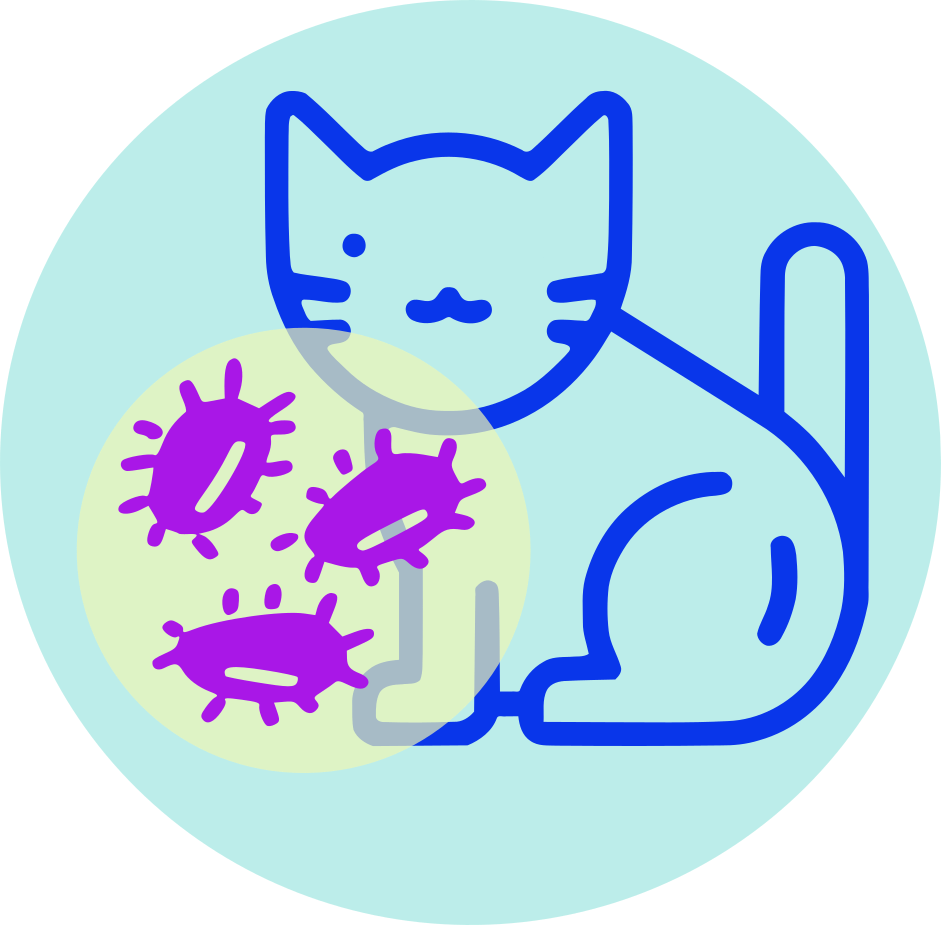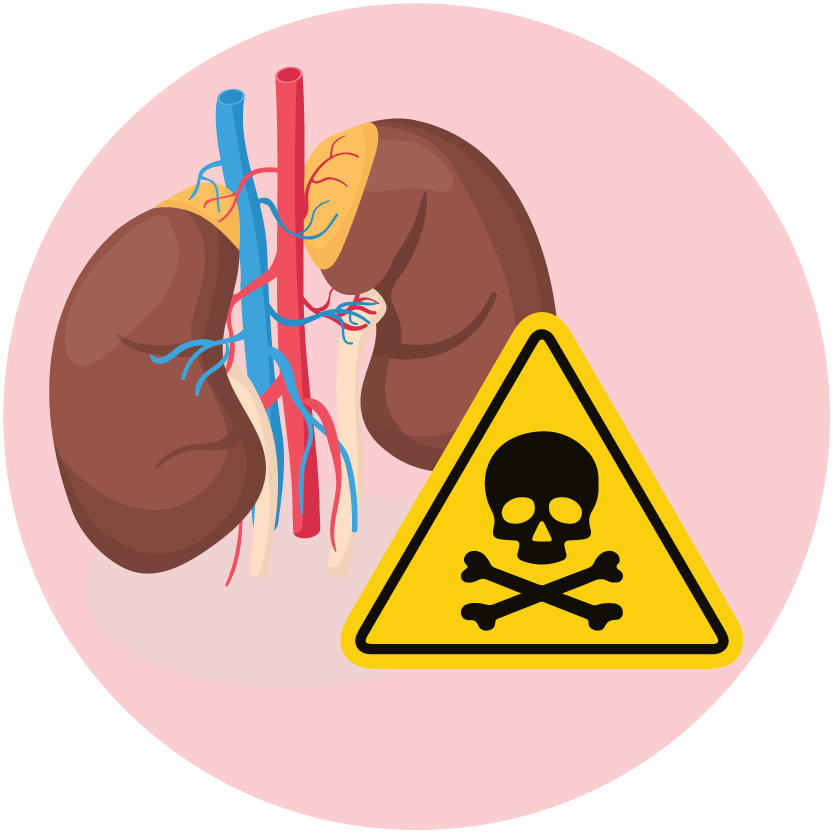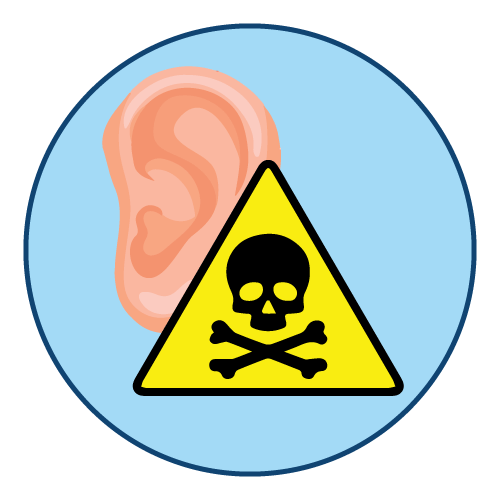| Name | Colistin Sulphate |
| Classes |
Antiinfective Agent Antibiotic |
| Diseases |
Colistin Sulphate
Colistin Sulphate belongs to the class of polymyxin antibiotics. Its mechanism of action involves binding to the bacterial cell membrane, disrupting its integrity, and leading to cell death. Colistin is primarily active against Gram-negative bacteria.
Colistin Sulphate is indicated for the treatment of bacterial infections in veterinary animals caused by susceptible strains of Gram-negative bacteria, particularly when other less toxic antimicrobial agents are not effective.
Dosage may vary based on the specific indication, patient species, and severity of the infection.
-
- Administered intramuscularly or intravenously.
- Dosage based on the weight and condition of the animal.
- Adjust the dose according to the severity of the infection.
Broiler, Layer, Shonali, and Breeder chicken: 1ml of colistin sulfate dissolved in 2-4 liter of water and treated for 3-5 days.
Cattle, Goat, Calf, and sheep: 1mL/40 kg body weight b.i.d for 3-5 days.
Adverse reactions are listed from most common to least common:
- Nephrotoxicity
- Neurotoxicity
- Ototoxicity
- Hypersensitivity reactions
- Neuromuscular blockade (rare)
- Renal Function Monitoring: Regularly monitor renal function in veterinary patients, especially in those with pre-existing renal impairment. Adjust dosage based on individual animal characteristics.
- Neurological Monitoring: Observe for signs of neurotoxicity, such as ataxia or muscle weakness. Adjust dosage if neurotoxicity occurs.
- Hearing Function Monitoring: Regularly assess hearing function, especially in animals receiving prolonged therapy. Discontinue Colistin Sulphate if signs of ototoxicity occur.
- Neuromuscular Blockade: Use with caution in animals receiving neuromuscular blocking agents, as Colistin Sulphate may enhance neuromuscular blockade.
- Allergic Reactions: Monitor for hypersensitivity reactions, including rash and pruritus. Discontinue Colistin Sulphate if allergic reactions occur.
- Superinfection: Prolonged use may result in overgrowth of nonsusceptible organisms. Institute appropriate measures if superinfection occurs.
Contraindication
Hypersensitivity to colistin or any component of the formulation.
None known.
None known.
 Bangla
Bangla English
English


